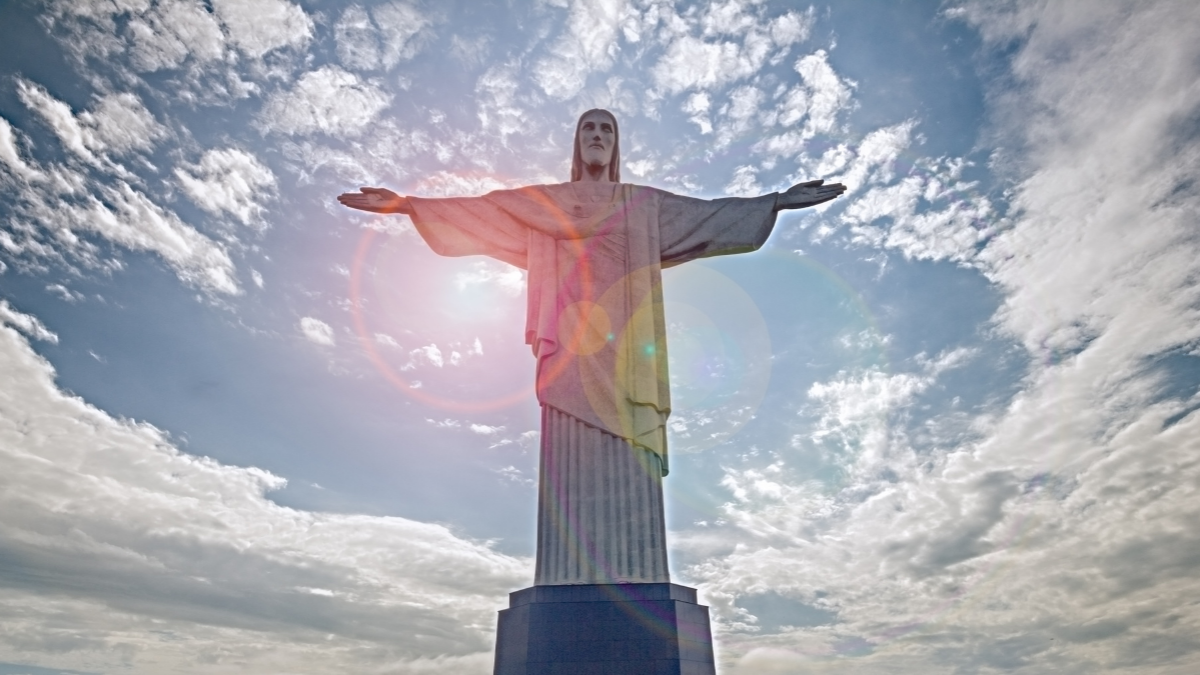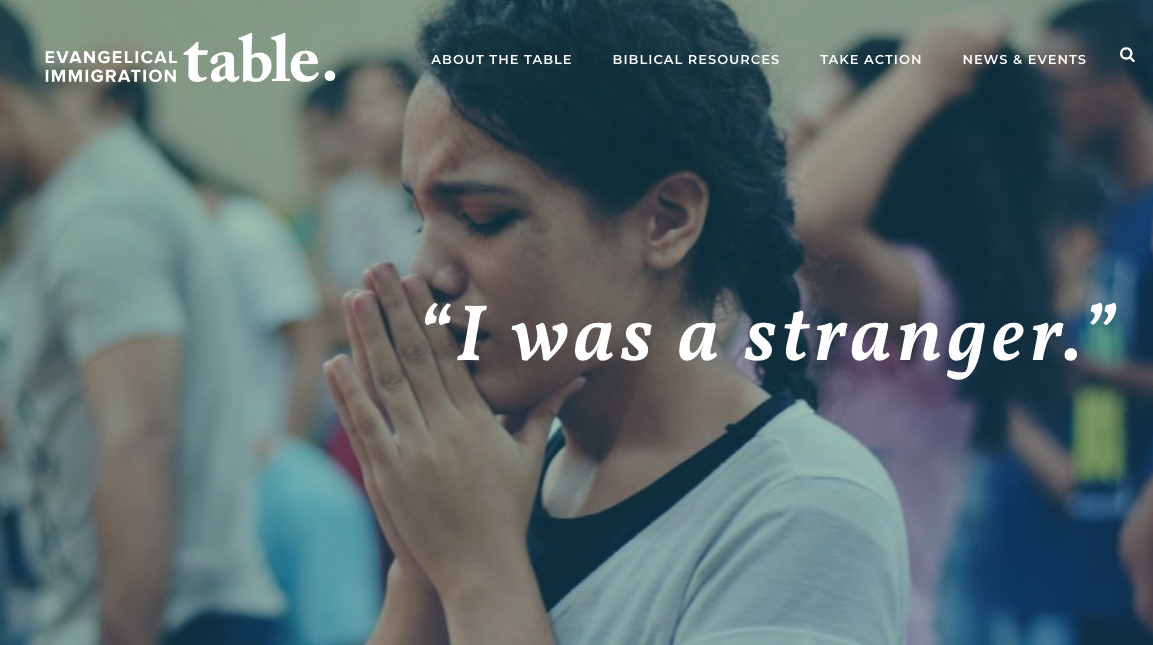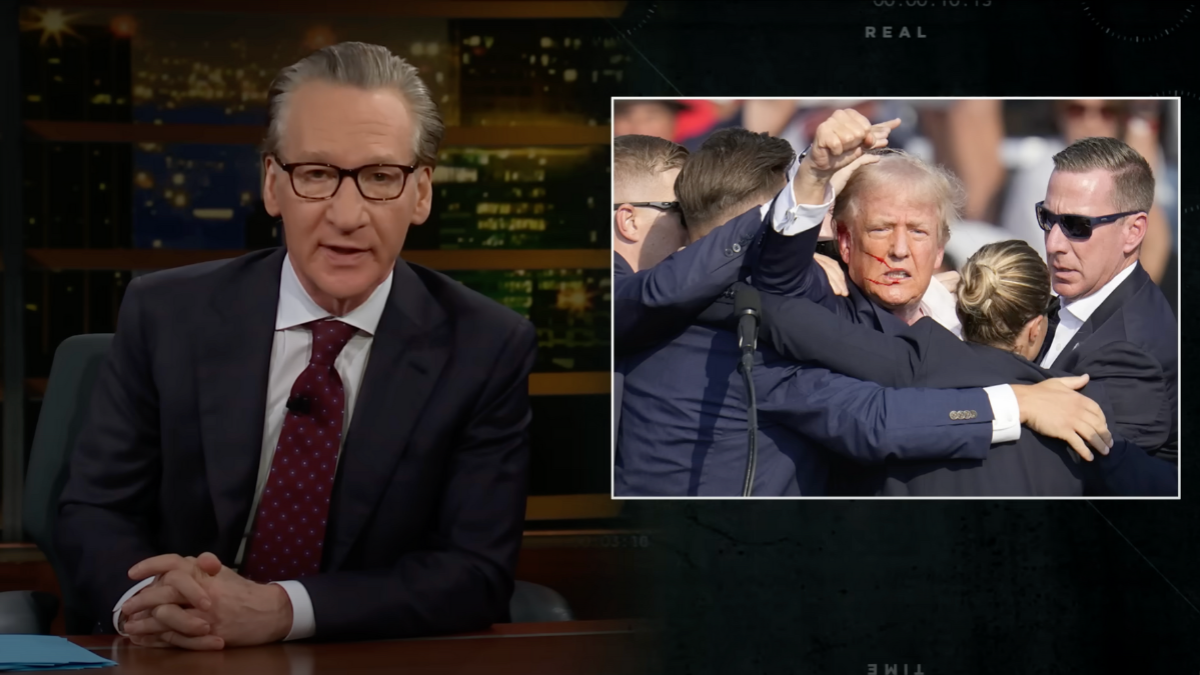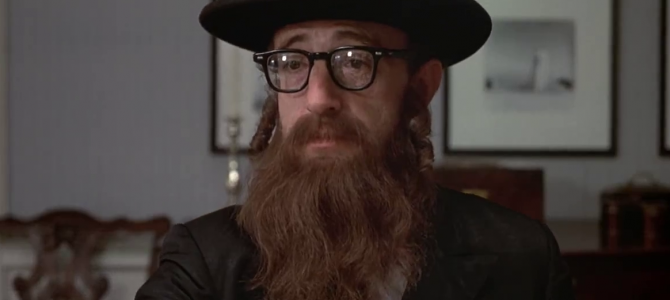
Throughout the Old Testament, God warns his chosen people about the perils of assimilation, shiksappeal and false gods. If we’re to believe the findings of Pew’s new comprehensive investigation on the matter, American Jewry hasn’t heeded these warnings. And after decades of treating religion like a secular political enterprise, Jews are finally disappearing.
Sure, three-quarters of those surveyed by Pew claim they have a “strong sense of belonging to the Jewish people” and 94 percent say they are proud of their identity. The question is: what identity? Granted, it’s a bit complicated. A Jew thinks of himself in both ethnic and religious terms. Or, at least he used to. Today, most American Jews believe culture is more central to identity than any of the Old Testament’s many — many — commandments. According to Pew, in fact, six-in-ten of my fellow tribesmen believe that being Jewish is mainly a matter of culture or ancestry, while only 15 percent say it is primarily a matter of religion.
Or put it this way: 42 percent of Jews believe a sense of humor is integral to being Jewish, while far fewer believe religious law is similarly important. In the United States, then, Jerry Seinfeld is more fundamental to Jewish identity than the Prophets or Moses.
Since I’m a completely secularized non-believer (granted, one that spent his school years attending a modern orthodox yeshiva) I can sympathize with the idea of the Cultural Jew. But while Woody Allen or Philip Roth or Adam Sandler may be a reflection of the American Jewish experience, they certainly aren’t fundamental to its existence. Faith helps many people make sense of the world around them. Faith gives them a spiritual connection to something larger. And tradition molded by the faith is what’s transferable from one place or time to the next. Whether you’re religious or not, it’s clear that orthodoxy offers all this. A religion without rules or God isn’t sustainable. But that’s exactly what American Jews are left with.
Certainly politics isn’t able to fill the void. For the last 70 years, American Jewry’s identity has been wrapped up in two ideological causes: Zionism and liberalism (usually in tandem, but lately, less so.) Whatever you make of these political movements, they’ve done much to reshape what it means to be Jewish. When someone talks about a Jewish “issue” they are, almost inevitably, talking about Israel. And when Jews talk about “values” they always mean liberal values. More than half of those polled said that “working for justice and equality” is essential to what being Jewish means to them. While that’s nice, it’s also the sort of platitude that reflects how Americans believe “Jewish” ideals are now liberal ideals.
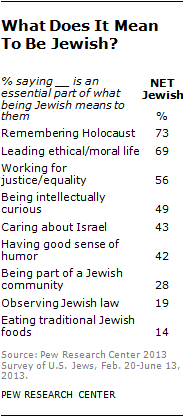 If you’re familiar with the culture of Jewish communities, none of this would surprise you. Take the influential Anti-Defamation League, a group that endlessly peddles grievances (for all Jews, whether we pay dues or not) under the idea of Tikun Olam – which roughly translated means “healing the world”. Tikun Olam is humanity’s shared responsibility to repair and transform. It’s an obscure wide-ranging directive from God that’s used as a cudgel by the Jewish Left to convert political causes into religious ones. Abortion, the welfare state, redistribution, social justice, worrying about Evangelical plots to convert your children — any progressive cause you can imagine — is a vital Jewish concern at your local Reform temple.
If you’re familiar with the culture of Jewish communities, none of this would surprise you. Take the influential Anti-Defamation League, a group that endlessly peddles grievances (for all Jews, whether we pay dues or not) under the idea of Tikun Olam – which roughly translated means “healing the world”. Tikun Olam is humanity’s shared responsibility to repair and transform. It’s an obscure wide-ranging directive from God that’s used as a cudgel by the Jewish Left to convert political causes into religious ones. Abortion, the welfare state, redistribution, social justice, worrying about Evangelical plots to convert your children — any progressive cause you can imagine — is a vital Jewish concern at your local Reform temple.
Actually, when it comes to converting Jews, no one does a better job than the Union for Reform Judaism. The actively leftist Reform movement has proven that when you water faith down enough it becomes useless. Among Jewish denominations, Pew found that 35 percent of American Jews identify with the Reform movement, 18 percent identify as Conservative and 10 percent as Orthodox (another 6 percent fall into alternative groups like the Reconstructionist and Jewish Renewalists.) The entire denominational system is one slippery slope towards a ham sandwich. The survey finds that around a quarter of people raised Orthodox have become Conservative or Reform; 30 percent of those raised Conservative have become Reform and 28 percent of those raised Reform jump the ark.
In Deuteronomy, God tells the Jews, “You shall not intermarry with them, giving your daughters to their sons or taking their daughters for your sons.” (Pew, somewhat humorously, says it is unclear if “being intermarried tends to make U.S. Jews less religious, or being less religious tends to make U.S. Jews more inclined to intermarry.”) Anyone who’s seen Fiddler on the Roof knows that this is kind of a big deal. It is certainly one of main culprits of the disappearing Jewish community. According to Pew 44 percent of all married Jewish respondents have a non-Jewish spouse — 58 percent of those who have married since 2005.
Naturally, you you can find a Reform rabbi to perform the ceremony.
While the American Jewish population shrinks, those who remain will ultimately be more religious, and more introverted. For instance, the Jewish population of New York City has seen an “explosive” growth in the Hasidic and Orthodox communities. A UJA-Federation of New York poll found that 74 percent of Jewish children in New York City metropolitan were born into orthodox families. The poll found more Jews than ever were sending their children to Hebrew day schools or yeshivas. Nearly half of adults ages 18 to 34 in the area had gone to such schools, compared with just 16 percent of those ages 55 to 69. (It should be noted that part of this problem is doubtlessly generational and other faiths probably suffer, as well. As lan Cooperman, deputy director of the UJA research project points out, “Older Jews are Jews by religion. Younger Jews are Jews of no religion.”)
So while Pew found that 7 out of 10 Modern Orthodox Jews believe a person can be Jewish without believing in God, they’re asking the wrong question. Can they stay Jewish? It’s difficult to believe we can.
(UPDATE: A friend writes in to make a good point. I neglected to go after another major problem in American Judaism: worship of the Holocaust. Pew found that 70 percent identify “remembering Holocaust” as the leading measure of what it means to be Jewish. Rather than investing in the idea of perpetuating Judaism, many wealthy Jews build museums to the dead.)


